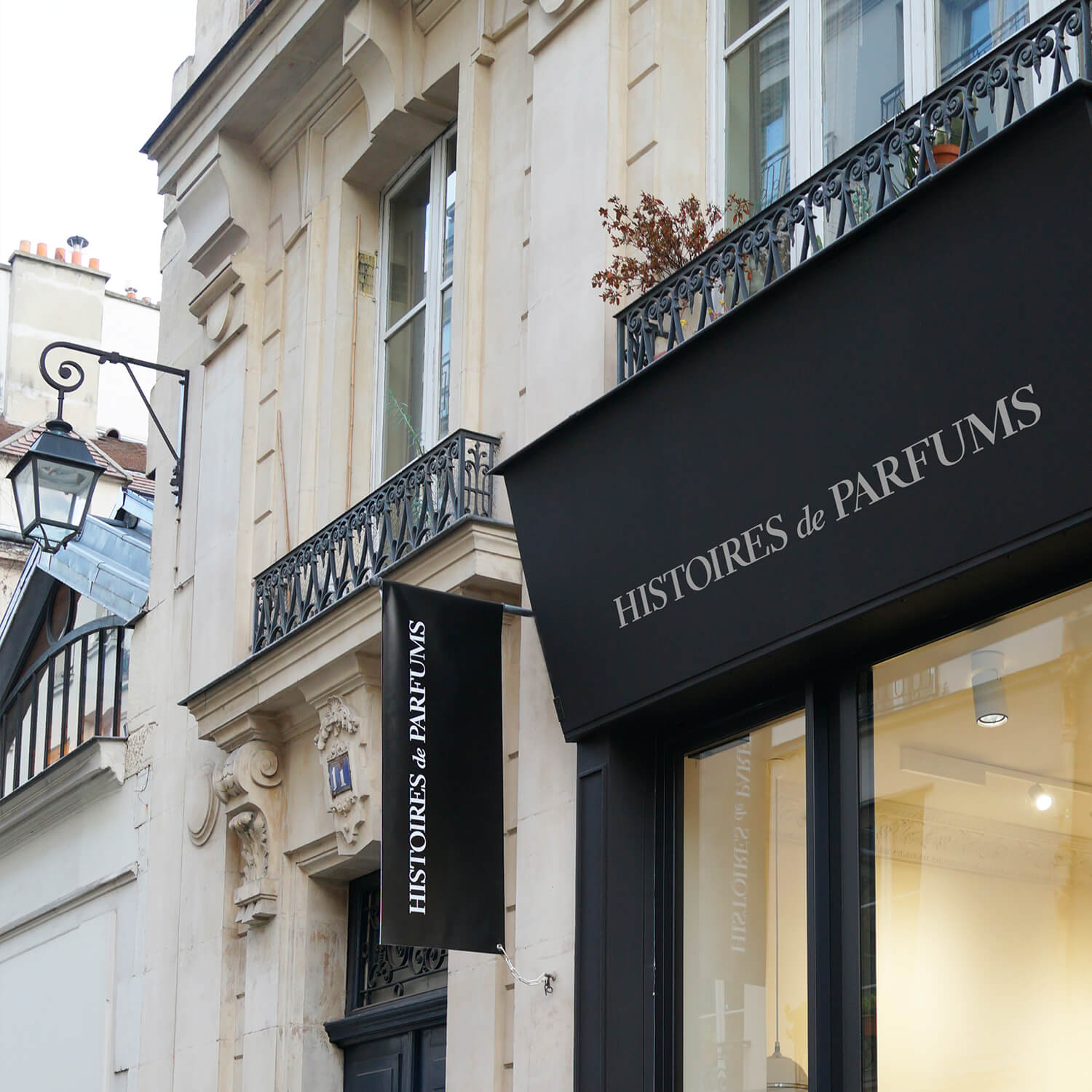July 1, 1751: Publication of the Encyclopedia's first volumes

A new spirit
The genesis of the Encyclopedia was engendered by the intellectual regeneration brought on during the European Renaissance in the 15th century. Slowly, people were looking to replace man at the center of all knowledge and break away from the ruling of the Christian church. Criticism, synthesis and philosophy were all welcomed... They wanted to put an end to obscurantism and highlight theory based on experience, and so began the Age of Enlightenment.
A derailing translation...
Cyclopaedia(a universal dictionary of the arts and sciences),by Ephraïm Chambers was scheduled to be the first translation project of the Encyclopedia from English to French conducted by Parisian editor André Le Breton in 1745.
However, in 1747, after multiple divergences with translators, Le Breton administered the project to Diderot and d'Alembert, two intellectuals who decide not to go on purely translating, but rather decide to create an entirely new piece of work that would encompass and spread all human knowledge.
A titanic job
In order to successfully complete the project, the two men surrounded themselves with writers and scientists. Over 150 authors participated in the making of the encyclopedia, a circle in which excellence rubbed shoulders with mediocrity, of which Diderot would comment: "Amongst a couple excellent men, there were weak ones, mediocre ones, and those entirely faulty. This being said, the piece of work thus offers scholarly outlines alongside literary masterpieces."
The Encyclopedia took 20 years to complete, with the first volume published on July 1, 1751, and the last in 1772. The end work was made up of 17 text volumes and 11 illustrative volumes featuring descriptive drawings. Together, the volumes are a collection of over 71 000 articles. The text, however, was not strictly written in French considering that intellectuals from all over Europe contributed to it. The first European scientific network came about as a result of these diverse contributions
The preface of the first volume summarizes the project's objective:
"The goal of this Encyclopedia is to collect the knowledge scattered around the Earth's surface, to demonstrate its general system to the men with whom we live today, and to pass it down to the men that will live after us; so that the works of centuries past won't be useless for the centuries to come. For our descendants, becoming more knowledgeable, to also become more virtuous and happy, and so that we don't die without having benefited from humanity."
The testimony of the century
The Encyclopedia's appearance into the public caused trouble with Church authorities. In 1752, one year after the first volume was published, religious authorities prohibited further publishing of the book.
However, with the support of high-ranking royal officials, the publication was re-instated one year later. 1795 marked a new year for the censuring of information after Pope Clément the 13th pointed to the book with his index finger and threatened to excommunicate all in its possession. Once again, however, with the support of influential individuals, the book went back to being published in 1759.
The Encyclopedia had thus certainly influenced it's time, and is also a descriptive testimony of the era, the sciences, social relations, medicine, etc.
With it, we can find the following definition of perfume:
Perfume: n. (perfume composition) Most perfumes are made with musk, ambergris, civet, rosewood, cedar wood, iris, orange-flower, rose, jasmine, daffodil, tuberose and other fragrant flowers. Sometimes, people will use styrax, incense, benzoin, cloves, macis, and other similar "drugs" that are commonly labeled as herbs. Scented pouches are also made with aromatic herbs, such as lavender, marjoram, sage, thyme, savory, hyssop and so forth.
In the past, perfumes that featured musk, ambergris and civet were researched in France, but have since fallen out of style due to our now overly sensitive senses. Perfume is usually mistaken for the actual "body" that delivers the scent. This being said, the finest perfumes come from Oriental and hot countries.


Laisser un commentaire
Ce site est protégé par hCaptcha, et la Politique de confidentialité et les Conditions de service de hCaptcha s’appliquent.